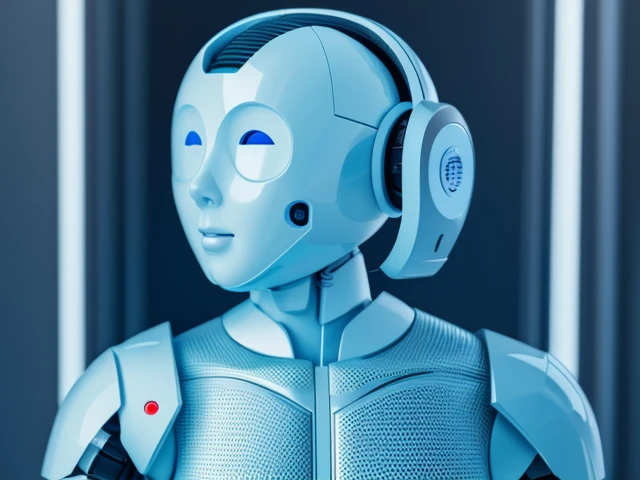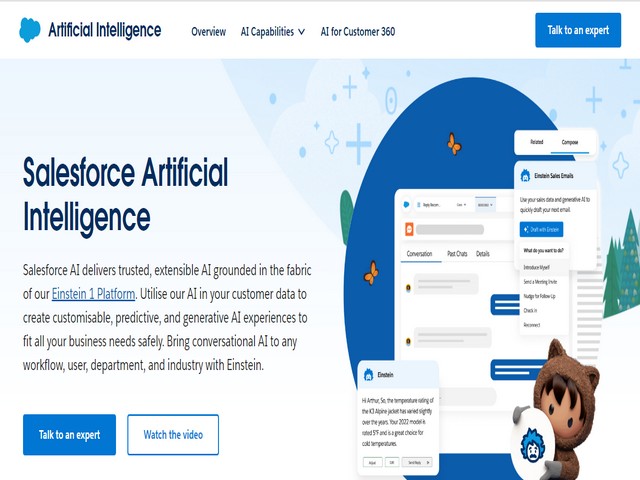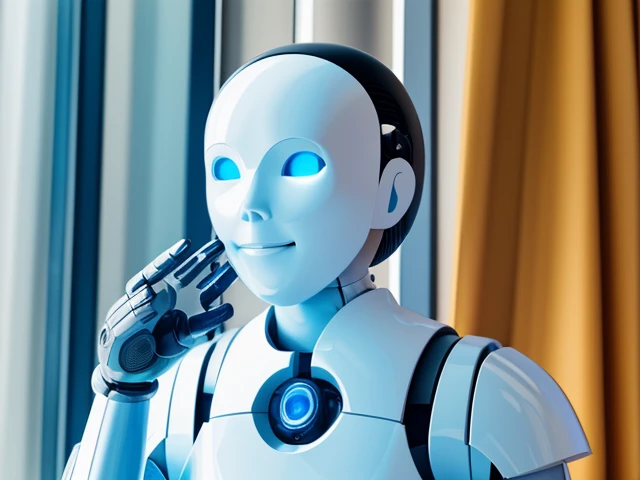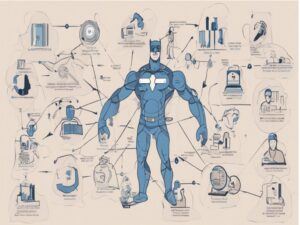There is hype in the world about Artificial Intelligence (AI) AI is the simulation of human intelligence by machines. AI(not the concept of AI but we know it’s been around a while now) has appeared more and more in the past years thanks to technological progress. This article is an Insight, in which we delve deeper into what AI is, and how it has affected
Artificial Intelligence Definition
Artificial Intelligence is one of the fields in computer science that aims to create smart machines that can work and think like humans. These machines are programmed to learn from experience, adjust to new inputs, and perform tasks that usually require human intelligence. AI represents an implementation of algorithms that mimic human behavior and can learn from data to recognize patterns and make decisions accordingly. What AI is and aims to do: The objective of artificial intelligence (AI) is human life.

Types of Artificial Intelligence
Artificial Intelligence -There are two types of AI: Narrow AI and General AI
NarrowAI: When we say much Weak AI (also referred to as narrow AI) is designed or trained for a particular task and operates within the domain in which it was programmed. Siri and Alexa is an example of weak AI which means Moderate Narrow Systems In contrast,
General AI : strong AI is built to complete all intellectual tasks a human can. This version of AI is in the making and it has not been done yet due to several reasons.
Applications of Artificial Intelligence
There are so many possible industries in which AI can be applied A few general uses of AI Familiar applications for AI occur with these following ways:
Healthcare: AI is used in healthcare sector to diagnose the disease, medical data analysis and surgery assistance etc.
Finance: AI is used in financial sector to identify frauds, invest on a specific share and predict the market trends.
Self-driving cars: AI-powered self-driving passenger vehicles are being designed to make transport safe and efficient.
Retail: By analyzing customer data, predicting buying patterns and personalizing shopping experiences.
Use cases Education: AI is employed in education to build individual learning pathways for students and automate teacher grading and lesson planning
Impact of Artificial Intelligence on Human Life

There is no doubt about the influence of AI on human life. It already has changed how we work, communicate and live. Let us discuss how AI has affected human life.
Better Efficiency: AI has automated a lot of tasks, which were earlier performed by humans and make them more efficient & save the time as well effort.
Better Healthcare: AI has completely changed the way we practice medicine by helping in classifying diseases, developing new drugs and personalized treatment.
Advanced Customer Experience: businesses can now deploy AI to deliver very precise customer service, that contributes to overall better satisfaction among customers
Less Human Error: Since it is processed solely by machines, there are lesser chances of human error which makes the output more accurate and reliable
More Job Openings: For the fact that AI has taken away some jobs does not mean he sole created new job opening for many.
Ethical Concerns with Artificial Intelligence

Of course, like any technology AI also comes with great ethical concerns. According to CBD, who is working on the coalition discussion points and other GPES data-sharing complaints some of their major concerns center around:
Looming unemployment and income inequality due to redundant jobs with the advent of AI.
Privacy issues: AI systems are able to collect and use so much data that it can violate individuals’ privacy rights.
What are biased algorithms: AI programs learn performed data, if a discriminating approach was placed in creating this system will be able to further bias as well.
No Element of Human Control: It is the obvious one that as AI advances, it may reach a point where surpass human intelligence and could not be controlled.



